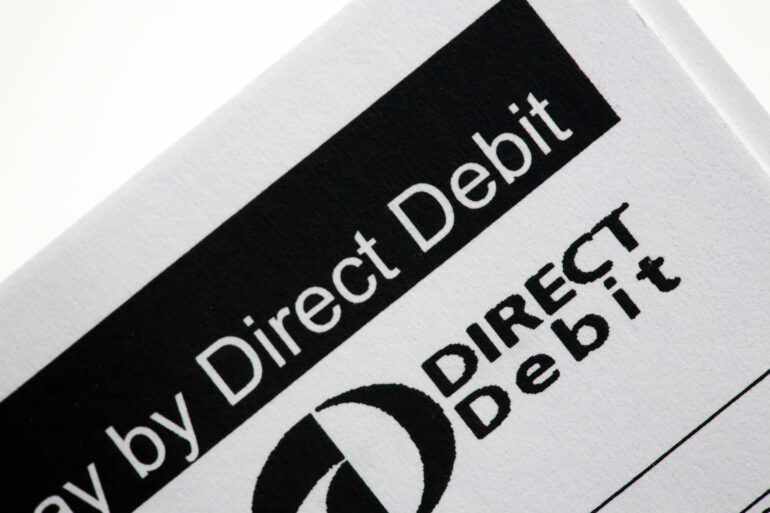For consumers, the language of the insurance industry can be its Achilles heel, protection experts have warned.
They called for more simplicity and clarity in the supporting text on bank statements to make it far easier for people to see what their Direct Debits relate to, as acronyms can lead people to inadvertently cancel payments.
One specialist suggested an extra field should be added to Direct Debit mandates where people can write what the payment relates to in their own terms — again making them less likely to cancel key cover.
Darryl Dhoffer, director at Bedford-based The Mortgage Expert, said: “For consumers, the language and terminology used in the insurance industry can be its Achilles heel. The insurance cover a Direct Debit provides should be shown very clearly, and in a language people can understand, on bank statements. It’s then easier for a consumer to immediately identify what the policy is for and the ramifications of cancelling it. Amid a cost of living crisis, some people are cancelling important policies with limited or no knowledge of what they are in order to save money. They often just see a company name with no explanation of what the payment relates to, just acronyms and abbreviations that are hard to decipher.”
Simon Bridgland, director at Canterbury-based Release Freedom, suggested an extra field should be added to Direct Debit mandates where people can write what the payment relates to in their own terms: “When a Direct Debit mandate is completed, there should be a section to complete that ends up being the description the client sees on their bank statements, e.g. “Pays off mortgage if I’m ill”. Whilst I appreciate any change to systems will be an eye-watering cost, it cannot surely be more than the cost of cancelled plans.”
Michelle Lawson, director at Lawson Financial, said a policy number on bank statements should be the bare minimum: “Abbreviations that people don’t understand may, in some situations, cause them to inadvertently cancel policies. It is important, at the very least, to have a policy number on bank statements. More needs to be done within the insurance industry to simplify things and help the public, specifically people’s loved ones and families, to identify what is held and educate what things are for. Many people ‘forget’ what cover they have and what benefits it could have and are potentially missing out as a result. It will also help us advisers when we review customers’ protections as it will be easier to see what they do and do not have in place.”
Sabrina Hall, mortgage & protection adviser at Kind Financial Services, shared much the same view: “I hate abbreviations in this industry and I agree that they can prevent clients from understanding what the cover is. I have clients that have payments coming out on bank statements and they don’t know if it’s house insurance or life insurance. This isn’t the client’s fault and the abbreviations absolutely contribute to this. I also feel in general that abbreviations and financial terminology make it really difficult for most clients to relate to the cover being proposed and can people off from considering it. We need language that helps to explain things to people in a way they can understand.”
Dave Corbett, head of protection at Protection 1st, said simplification is urgently needed in the insurance industry: “Do people think IP is PPI? Do they know what TPD (Total & Permanent Disability) and WOP (Waiver of Premium) are? And if they do stumble across some paperwork in their drawer, would they know what they’ve bought? The terms that the protection industry uses are confusing enough, and these are then amplified by providers who try to rebrand these again to get more market share. The loser in all this is the end consumer. In fact, that’s incorrect. It’s the end consumer’s family when the client passes away with no protection. Simplification is urgently required in the market.”
Scott Taylor-Barr, financial adviser at Barnsdale Financial Management, said the supporting text on bank statements is key: “Just seeing a Direct Debit each month that says L&G, Zurich or Aviva, doesn’t make things simple. It’s very easy to see why people would forget the valuable cover that payment is providing them with. The supporting text on the Direct Debit is a golden opportunity to give a description that serves as a monthly reminder of the cover they have; on a bank statement that could have ‘life cover’, ‘critical illness cover’, ‘income protection’, ‘home insurance’ and ‘car insurance’ on it. Something that identifies each policy very clearly would be fantastic for consumers and advisers alike.”



